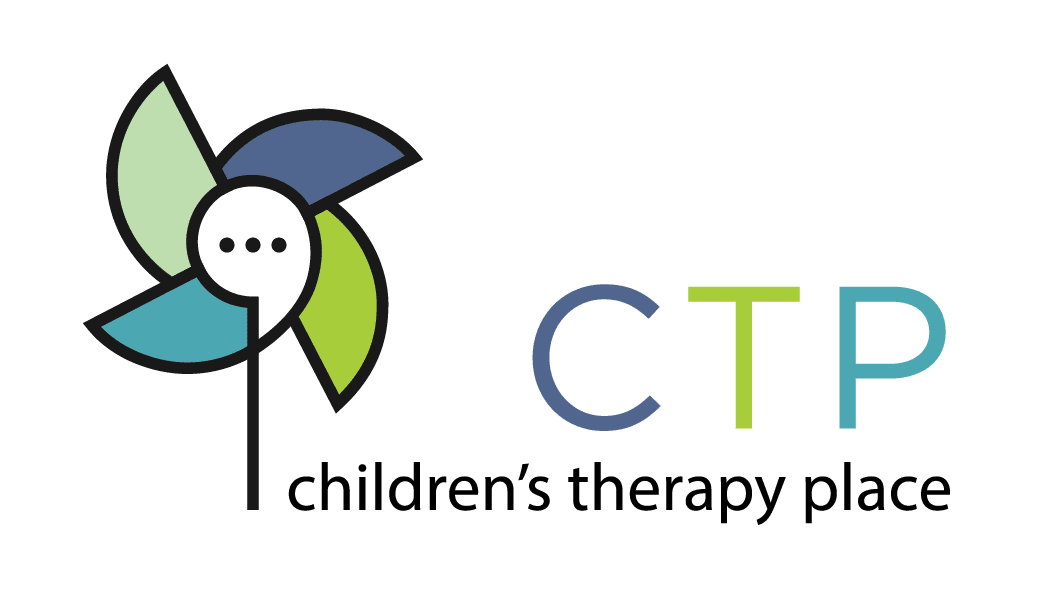 Anxiety can be overlooked in children. Does any of this sound like your child or teen?
Anxiety can be overlooked in children. Does any of this sound like your child or teen?
- Difficulty separating, excessive clinginess, crying, and/or tantrums
- Excessive shyness, quiet, avoiding social situations
- Pessimism and negative thinking patterns such as imagining the worst, over-exaggerating the negatives
- Constant worry about things that might happen or have happened
- Avoidance behaviors, including things, situations or places because of fears
- Physical complaints of frequent stomachaches or headaches
- Experiencing sudden and frequent panic attacks
Anxiety is the most common mental health concern for children and adults. Because anxious children and teens are often quiet and compliant, however, they frequently go unnoticed by their parents and teachers. As a result, many never receive the help they desperately need.
Anxiety can be managed!

Here are some tips to help your child.
Become a detective and begin recording your child’s moods and behaviors.
When are they at their best….or worst? What happened right before a behavioral meltdown? Was there too much commotion or noise? Often times, children can become overstimulated and need a quiet place to calm.
Let your child know they can talk to you and be available to your child.
Encourage your child to talk to you about any problems he may be having, and to talk about his feelings openly and honestly. Be present for your child as much as possible.
Be sure to listen to your child before offering suggestions.
As much as you might want to jump in and help offer solutions, allow your child time to fully express their thoughts and emotions before making comments or expressing your opinions.
Try doing something active with your child.
Some children may feel more comfortable talking about their problems while engaging in an activity with a parent. Do something you both enjoy, such as going for a walk, making cookies, or playing a round of basketball in the driveway before asking your child to discuss a problem he may be having. Exercise is wonderful for anxiety, it’s a natural anti-depressant/stress reliever increasing our “happy chemicals” in our brain.
Get your child to do some deep breathing activities.
Deep breathing helps to calm the body. With calm slow breaths the rest of our body will follow. Our blood pressure slows down, our heart rate slows down and eventually our entire body will begin to relax. Encourage your child to breathe in “good” air and exhale “bad” air, and picture it carrying any worries out of his/her body. With young children blowing bubbles is an excellent way to help them grasp the idea of deep breathing.
Get your child into counseling.
If your child continues to have behaviors that may exhibit anxiety call and schedule an appointment with a counselor at Children’s Therapy Place for your child. Anxiety is a horrible feeling and your child deserves to get the help he/she needs to resolve this.
